The U.S. Postal Service's Postmaster General David Steiner expressed concerns that cuts have gone too far, stating the agency cannot fix its finances through cost-cutting alone. Steiner emphasized the need to expand the revenue base to restore prominence in the nation's delivery network. The postal service, which has faced an uncertain future since President Donald Trump's election to a second term, is currently negotiating deals with various companies to provide final or last-mile delivery services to individual homes and businesses.
Steiner made these comments during the Postal Board of Governors meeting in Washington, where he highlighted the importance of capitalizing on the postal service's long-standing legal obligation to deliver to every address. He noted that the most expensive and labor-intensive part of delivery is the final or last-mile delivery, and the agency should work with more customers to provide these services. "I've taken to saying that we cannot cost-cut our way to prosperity," Steiner said. "We have to grow."
The U.S. Postal Service has been struggling with financial difficulties, with a net loss of $8.1 billion in 2024, according to the agency's annual report. The postal service's financial woes have been exacerbated by declining mail volumes and increasing competition from private carriers. In an effort to reduce costs, the agency has implemented various cost-cutting measures, including reducing staff and closing underutilized post offices.
Steiner's comments come as the postal service is seeking to expand its revenue base through partnerships with private companies. The agency is currently negotiating deals with companies such as Amazon and FedEx to provide final or last-mile delivery services. Steiner believes that by working with more customers, the postal service can capitalize on its long-standing legal obligation to deliver to every address and restore its prominence in the nation's delivery network.
Industry experts have welcomed Steiner's comments, noting that the postal service's financial struggles are a result of its inability to adapt to changing market conditions. "The postal service needs to think outside the box and explore new revenue streams," said David Lewis, a postal industry analyst. "By partnering with private companies, the agency can leverage its existing infrastructure and expertise to provide new services and increase revenue."
The U.S. Postal Service's financial struggles have significant implications for the nation's delivery network. With the postal service facing an uncertain future, there are concerns about the impact on mail delivery services and the potential for private carriers to fill the gap. Steiner's comments highlight the need for the postal service to adapt to changing market conditions and explore new revenue streams to restore its financial health.
The postal service's current financial situation is a result of a combination of factors, including declining mail volumes and increasing competition from private carriers. In 2024, the agency reported a net loss of $8.1 billion, with revenue declining by 5% compared to the previous year. The postal service's financial struggles have been exacerbated by the COVID-19 pandemic, which has led to a significant decline in mail volumes.
Steiner's comments have sparked debate about the future of the postal service and its role in the nation's delivery network. While some experts welcome the agency's efforts to explore new revenue streams, others have expressed concerns about the potential impact on mail delivery services and the postal service's long-term viability. As the postal service continues to navigate its financial challenges, Steiner's comments highlight the need for the agency to adapt to changing market conditions and explore new revenue streams to restore its financial health.




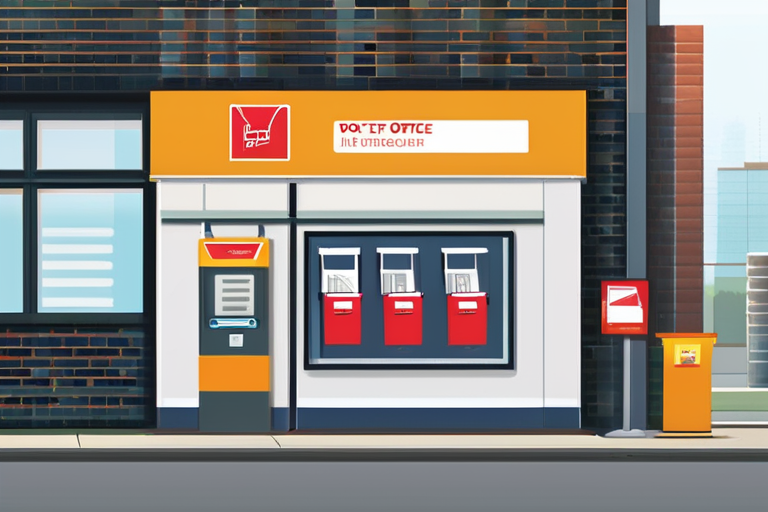


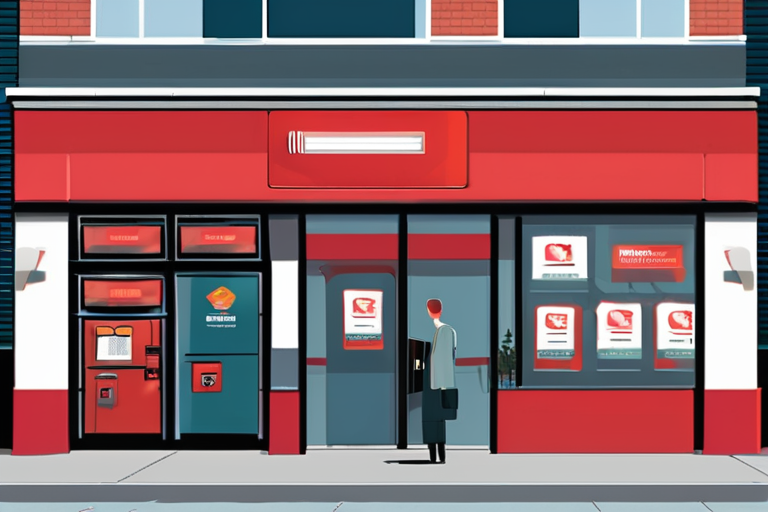

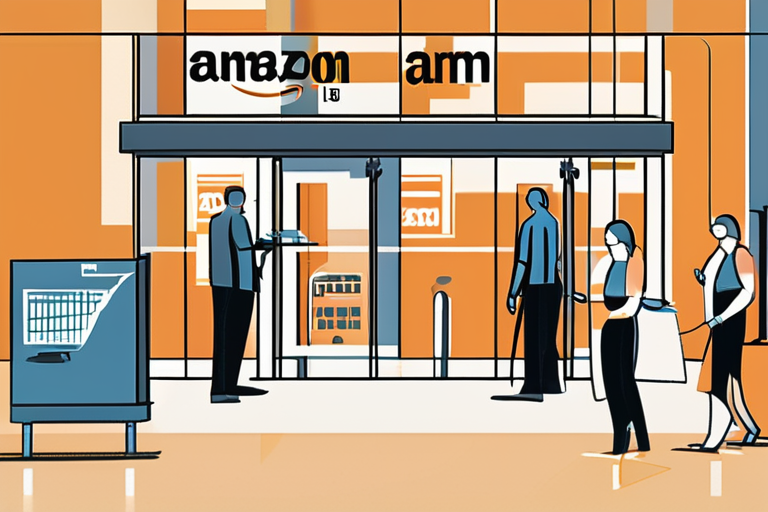
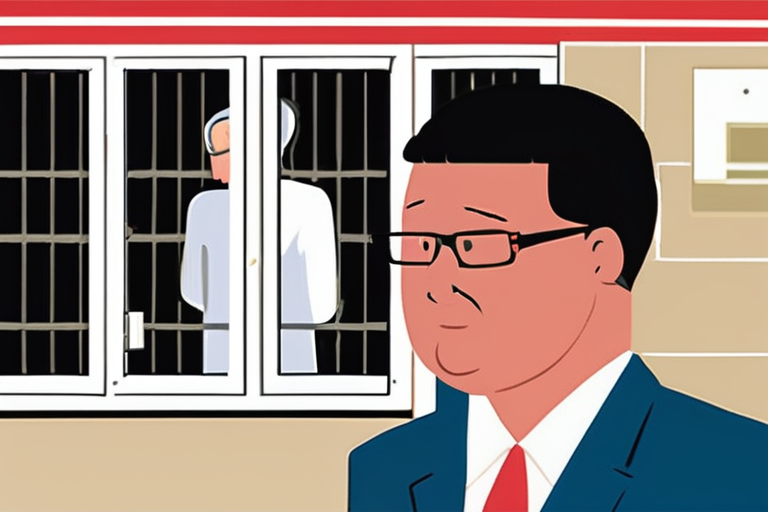


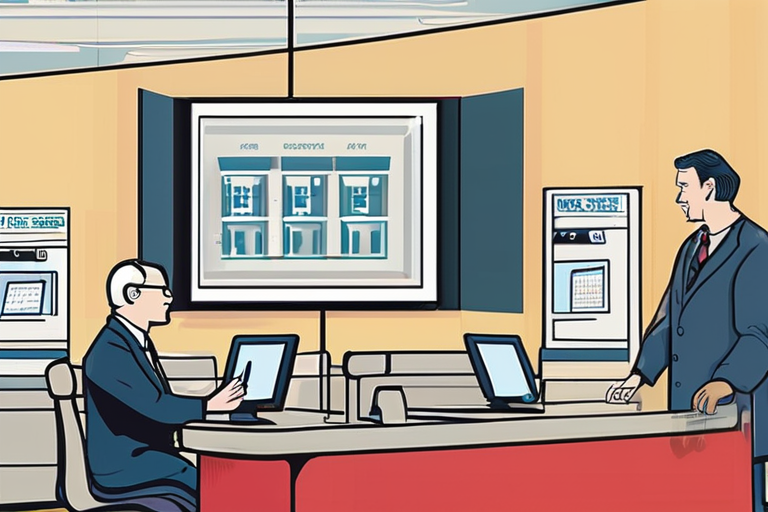
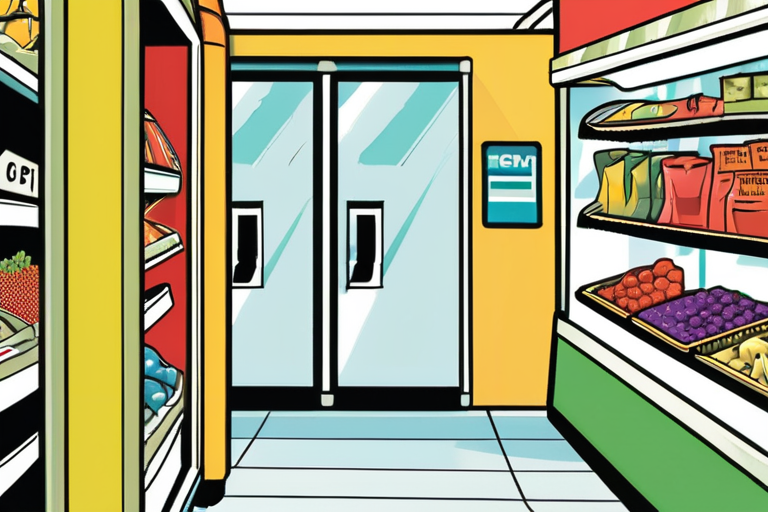



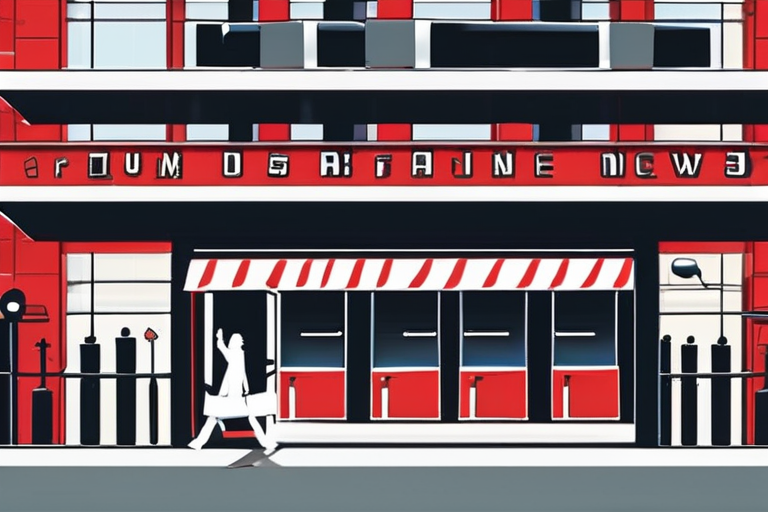

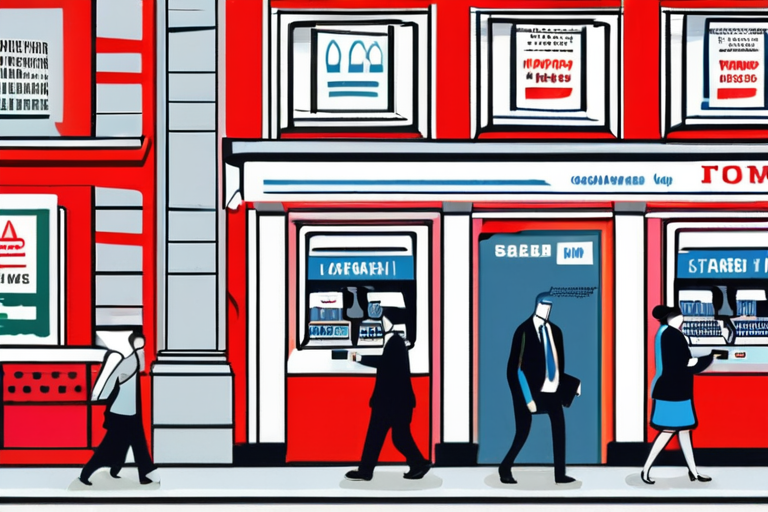
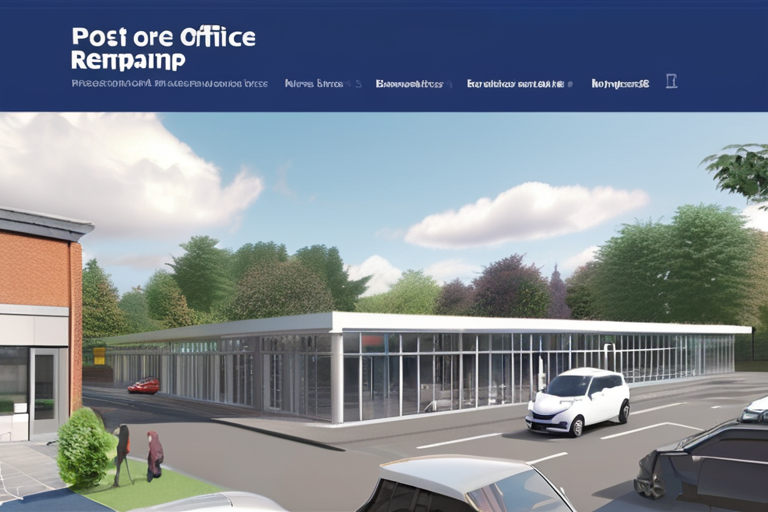
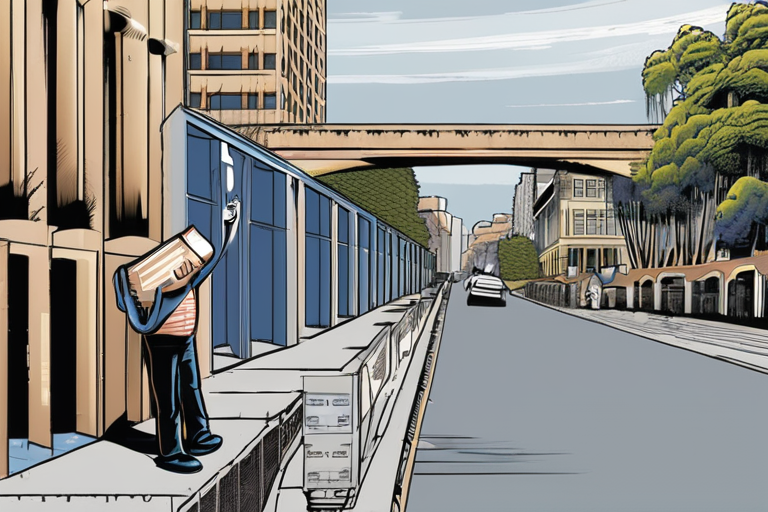


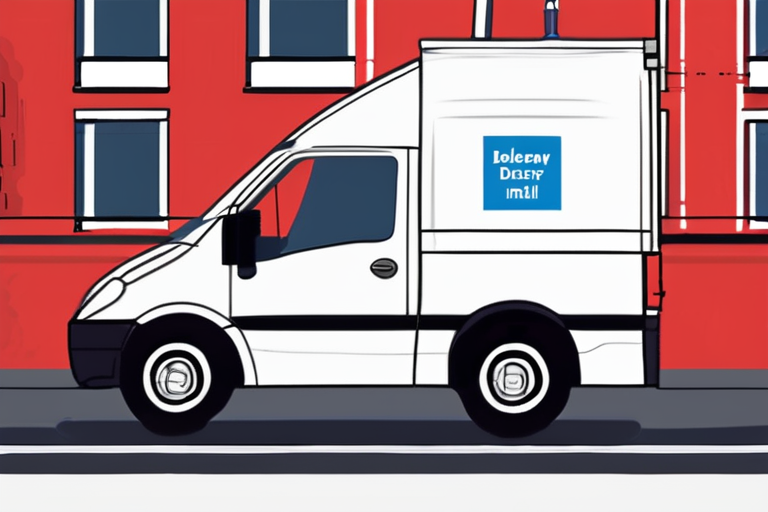
Share & Engage Share
Share this article